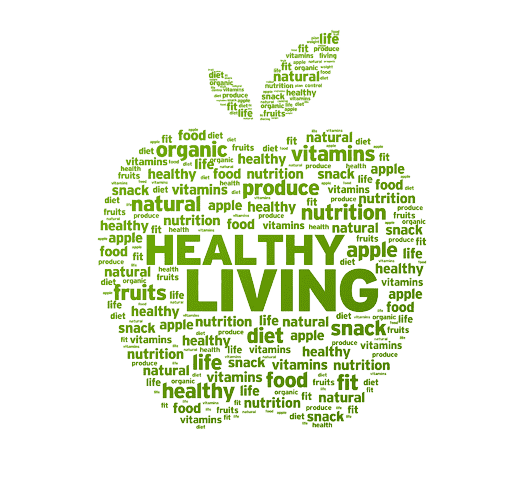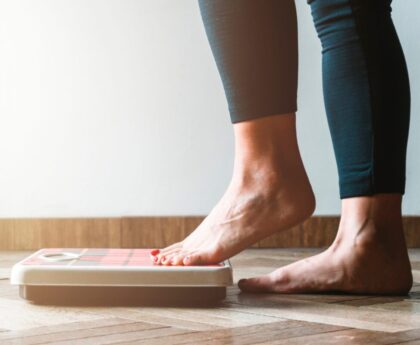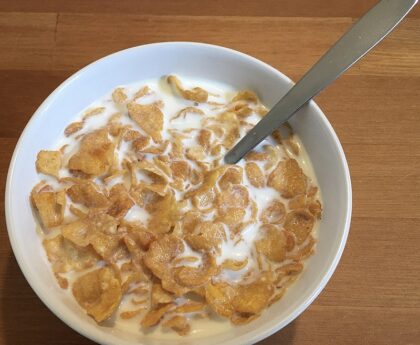Weight loss can be a challenging journey for many people. While there are several diets and weight loss programs available, making simple changes to your eating habits can make a significant difference. One of the most crucial aspects of weight loss is creating a healthy shopping list that includes nutrient-dense foods. Let’s breakdown the top foods to include in your shopping list for healthy weight loss, along with some statistics to show why they are so healthy.
Fruits and Vegetables:
This one sounds like a no brainer but it NEEDS to be included, fruits and vegetables are the cornerstone of a healthy diet, and they should make up a significant portion of your shopping list. Not only are they low in calories, but they’re also high in fiber, vitamins, minerals, and antioxidants. Eating a diet rich in fruits and vegetables has been linked to several health benefits, including a reduced risk of heart disease, stroke, and some types of cancer. According to the Centers for Disease Control and Prevention (CDC), only 1 in 10 adults in the United States eat enough fruits and vegetables each day. To reach the recommended daily intake, aim to include at least 2 cups of fruits and 2.5 cups of vegetables in your shopping list each day.
Whole Grains:
Whole grains are another essential component of a healthy shopping list for weight loss. They’re packed with fiber, vitamins, and minerals, which help to keep you full and satisfied. Eating whole grains has been linked to a reduced risk of heart disease, type 2 diabetes, and some types of cancer. According to the Whole Grains Council, most Americans only consume about half of the recommended daily intake of whole grains. When shopping, look for whole-grain products like brown rice, quinoa, whole wheat bread, and oats.
Lean Proteins:
Protein is essential for building and repairing muscle tissue, and it can help to keep you feeling full and satisfied. Eating a diet rich in protein has been linked to several health benefits, including weight loss, improved bone health, and a reduced risk of heart disease. When shopping for lean proteins, consider options like chicken breast, turkey, fish, eggs, and tofu. According to the American Heart Association, it’s recommended that adults consume at least two servings of fish each week to obtain essential omega-3 fatty acids, which can help to reduce inflammation and lower the risk of heart disease.
Healthy Fats:
While many people associate fat with weight gain, healthy fats can actually aid in weight loss by helping you to feel full and satisfied. Consuming healthy fats has also been linked to a reduced risk of heart disease and improved brain function. When shopping, look for healthy fat sources like avocado, nuts, seeds, and olive oil. According to the American Heart Association, it’s recommended that adults consume at least two servings of nuts or seeds each week to obtain essential nutrients like fiber, protein, and healthy fats.
Low-fat Dairy:
Dairy products like milk, cheese, and yogurt can be excellent sources of protein and calcium, but it’s important to choose low-fat or fat-free options. Consuming dairy products has been linked to several health benefits, including improved bone health, reduced blood pressure, and a reduced risk of type 2 diabetes. When shopping, opt for skim or low-fat milk, cottage cheese, and Greek yogurt.
Legumes:
Legumes like lentils, chickpeas, and black beans are high in protein and fiber, making them a great option for weight loss. They’re also versatile and can be used in a variety of recipes, from soups and salads to dips and spreads. Eating legumes has been linked to several health benefits, including improved gut health, reduced blood pressure, and a reduced risk of heart disease. According to a study published in the American Journal of Clinical Nutrition, consuming legumes can also lead to greater weight loss compared to diets that don’t include them.
Herbs and Spices:
Herbs and spices can add flavor and nutrition to your meals without adding extra calories. Some herbs and spices, like turmeric, ginger, and cinnamon, have also been linked to several health benefits, including reduced inflammation and improved blood sugar control. When shopping, consider adding herbs and spices like basil, oregano, cumin, and garlic to your cart.
Water:
Water is an essential nutrient that is often overlooked when it comes to weight loss. Drinking enough water can help to keep you hydrated, improve digestion, and reduce cravings. According to the National Academies of Sciences, Engineering, and Medicine, the recommended daily intake of water for adult men is about 3.7 liters (125 ounces) and for women is about 2.7 liters (91 ounces). When shopping, make sure to include plenty of water in your cart.
Dark Chocolate:
While it may seem counterintuitive, dark chocolate can be a healthy addition to your shopping list for weight loss. Dark chocolate contains antioxidants called flavonoids, which have been linked to several health benefits, including improved heart health, reduced inflammation, and improved brain function. When shopping, look for dark chocolate that contains at least 70% cocoa solids and limit your intake to a small amount per day.
Green Tea:
Green tea is another healthy addition to your shopping list for weight loss. Green tea contains a type of antioxidant called catechins, which have been shown to increase metabolism and aid in weight loss. According to a study published in the American Journal of Clinical Nutrition, consuming green tea extract can lead to greater weight loss compared to a placebo. When shopping, look for high-quality green tea that contains catechins.
Creating a healthy shopping list for weight loss is an essential key to improve your overall health and achieve your weight loss goals. By including nutrient-dense foods like fruits and vegetables, whole grains, lean proteins, healthy fats, low-fat dairy, legumes, herbs and spices, water, dark chocolate, and green tea, you can ensure that you’re getting the nutrients you need to feel full and satisfied while achieving your weight loss goals. Don’t forget to pay attention to portion sizes and limit your intake of processed and high-calorie foods. With the right shopping list and a commitment to healthy eating, you can achieve your weight loss goals and improve your overall health.





